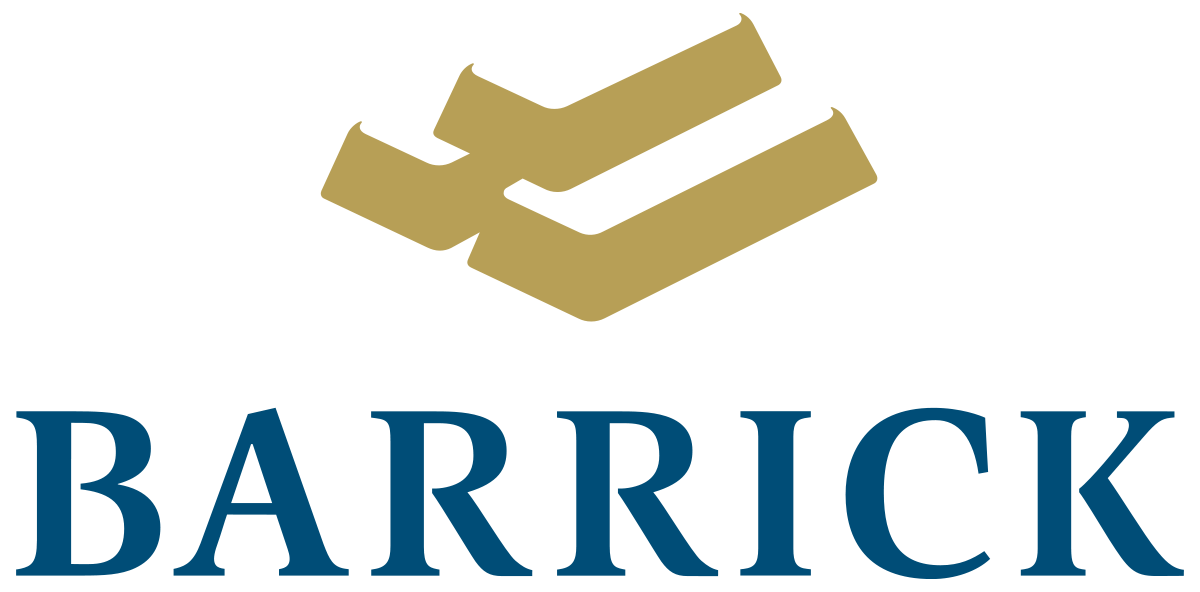


Guidelines for Third Party Due Diligence
Under Barrick’s Anti-Corruption Standards, potential engagements (including contracts, purchase orders, and other arrangements) with all new and renewed Barrick third-party vendors, including suppliers and non-supplier vendors need to meet certain onboarding requirements. These Guidelines are designed to assist Barrick personnel in Legal, Contract Administration, Supply Chain, Finance and Accounting, and any other functional group that contracts with vendors, including suppliers, non-supplier vendors and their relevant subcontractors. These Guidelines are consistent with all Barrick anti-corruption related policies, standards, procedures and guidelines which are applicable to every office and site where Barrick Gold Corporation exercises operational control.

Anti-Corruption Due Diligence for Mergers and Acquisition (M&A) and Joint Ventures
Numerous corruption-related investigations and prosecutions have occurred in connection with acquisitions of assets (M&A) and joint ventures, particularly in countries where the risks of corruption are considered high. Corruption risks also can occur in the context of asset dispositions. This Guideline is designed to assist the Barrick Gold’s legal personnel in conducting anti-corruption due diligence in connection with asset acquisitions (M&A), joint ventures, and asset dispositions.

Guidance on Reporting Human Rights and Significant Code of Conduct Grievances To The Legal Department
The purpose of this Guideline is to provide guidance to community relations grievance officers or others who may receive community or operational-level grievances or complains (e.g. employees in human resources, security and exploration) concerning the escalation to the legal department of human rights and/or significant code of conduct issues brought to their attention. There are a number of ethical issues that need to be escalated to managers or grievance officers while all other potential non-critical human rights issues can be addressed through normal grievance processes. This guide helps identify issues that need to be escalated.

Global Standard and Procedures for Extractive Sector Transparency Measures Act ( ESTMA ) Reporting
The Extractive Sector Transparency Measures Act (ESTMA) requires companies that are engaged in the commercial development of oil, gas, or minerals to publicly disclose specific payments made to all governments in Canada and abroad. This includes in-kind payments and attribution payments. This document defines the requirements to help ensure that the report for ESTMA are properly prepared, supported by adequate documentation, reviewed and approved to allow for accurate reporting of payments.

